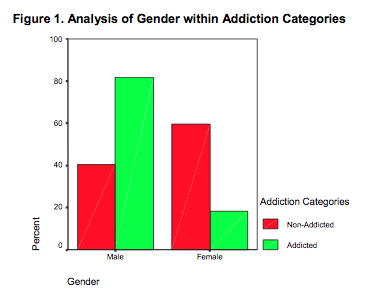
While the American Psychiatric Association does not yet include it as a diagnosis (as of 2009) video game and internet addictions are problems I’ve seen first hand, and, given my own plugged-in-idess, are topics I personally think about when I reflect on my own computer use. The web is a powerful tool so it’s not so unusual that we’d spend a lot of time using it. There is a point however when it becomes compulsive and takes so much time that it becomes a detriment to our other work.
There are any number of website and online resources about the topic and even a few commercial sites that offer treatment. For anecdotal descriptions there is the Berkley Parents Network website. which has a few examples from parents dealing with the problem. The National Institute on Media and the Family has a good page describing video game addiction. For adolescents they describe the symptoms as;
- Most of non-school hours are spent on the computer or playing video games.Falling asleep in school.
- Not keeping up with assignments.
- Worsening grades.
- Not telling the truth about computer or video game use.
- Choosing to use the computer or play video games, rather than see friends.
- Dropping out of other social groups (clubs or sports).
- Irritable when not playing a video game or on the computer.
Interestingly, this tends to be more of a problem for boys. And one solution recommended is wilderness therapy. I think that may be a bit extreme. Another suggestion was:
… the experts … said the best way to cure kids’ video game addiction is to set strict limits. They suggested not allowing kids to have computers, PlayStations, TVs, etc. in their bedrooms if monitoring their behavior is a problem.
The Montessori classroom is a closely knit community and, especially in a small classroom, falling asleep in class and being irritable (especially more so than normal teens) can be very disruptive to the entire class. It is, therefore, essential that the problem be addressed as soon and as quickly as possible.